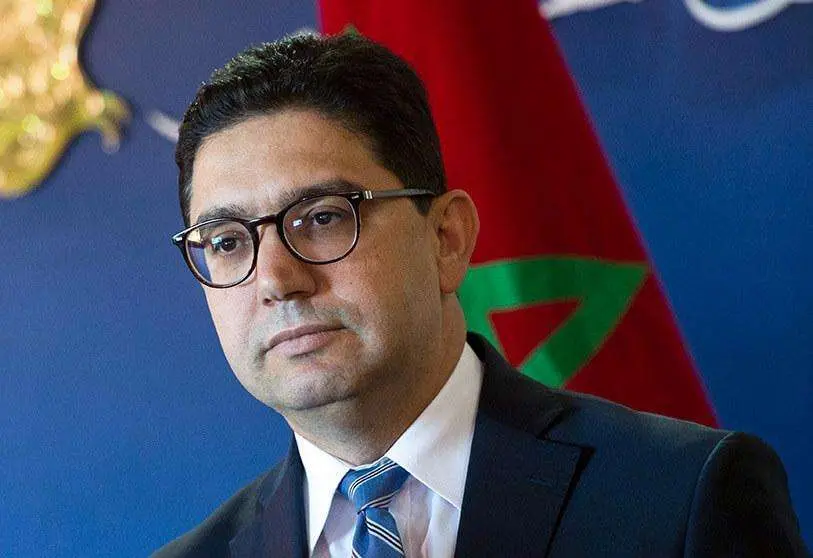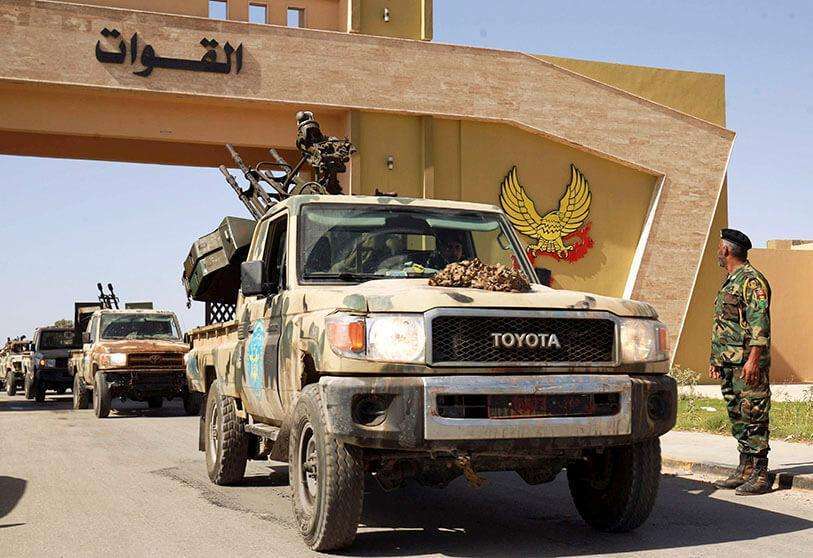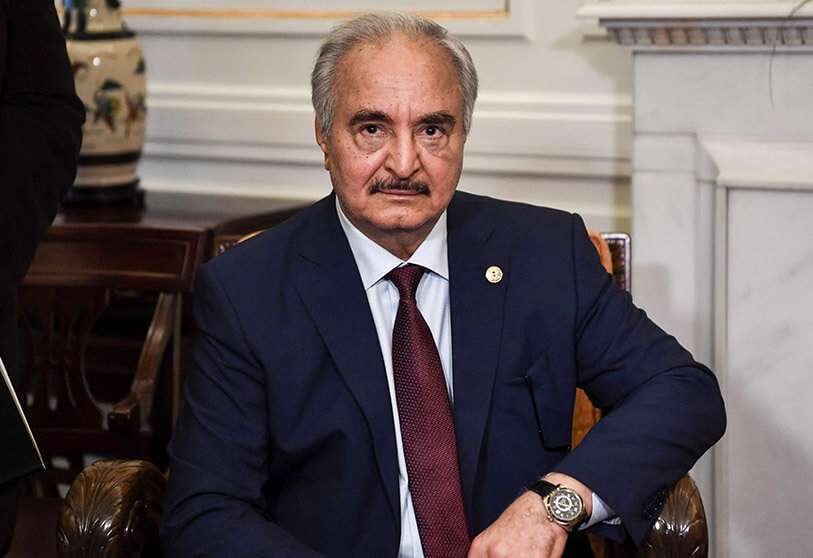Libia cede su candidatura a Marruecos en el Consejo de Paz de la Unión Africana

Libya has renounced its candidacy for membership of the African Union Peace and Security Council in favour of Morocco. This was confirmed by the Moroccan Minister of Foreign Affairs, Nasser Bourita, after a telephone call with his Libyan counterpart, Najla Al-Manqoush.
According to him, this decision will be "officially transmitted to the African Union Commission" and the official withdrawal of his candidacy to "become a member of the Peace and Security Council of the African Union through the elaboration of the mandate 2022-2025 and renounce it in favour of Morocco" will be initiated.
This Council, which is responsible for implementing the decisions adopted by the Union, is made up of 15 countries. Of these fifteen, five are elected for a period of three years, while ten are elected for two years.
Libya's resignation is in response to Morocco's repeated support for the country to hold democratic elections. During the telephone conversation and according to Bourita, the minister underlined "the strong support for the government of national unity and Libyan institutions", in addition to highlighting "its efforts to hold elections in a comprehensive, participatory and pragmatic framework, which contributes to the process of finding a definitive solution to the crisis, ensuring the stability of Libya".

According to a UN-sponsored roadmap, Libya is scheduled to hold presidential and parliamentary elections on 24 December. These elections are marked by some controversy due to the candidates who have already put themselves forward as future rulers. Among them is the son of the former Libyan dictator, Saif al-Islam Gaddafi, who will compete with the Marshal leader of the Libyan National Army (LNA), Khalifa Haftar, who in turn will face another rival, the current Prime Minister, Abdul Hamid Dbeibe. Alongside this, activist Leila ben Khalifa has become the first woman to run for the presidency.
Among these candidates is the controversial candidacy of al-Islam Gaddafi, who is accused of having committed war crimes and crimes against humanity during the uprisings in Libya in the framework of the Arab Spring. Libya's public prosecutor's office recently issued a warrant for Gaddafi's arrest for alleged involvement with Russian mercenaries.
Moreover, after Dbeibe has repeatedly denied standing in future elections, his announcement that he will run again comes as a surprise. According to international observers, Dbeibe's stance is an attempt to "exploit his position" in order to try to exclude Haftar from a possible political career.

This development coincides with a speech delivered last Saturday by the head of Libya's Presidential Council, Muhammad al-Manfi, who said on the sidelines of a national youth conference in Tripoli that "the initiative must be taken to make appropriate decisions that place political competition in the realm of peaceful and democratic competition without aggression and prejudice".
Furthermore, Libya's willingness to renounce its candidacy follows the resignation of the UN Special Envoy to Libya, Jan Kubis, a former Slovakian foreign minister with Russian affiliations. His resignation, which came a month before the elections, has threatened to derail the peace process Libya is trying to live through. A fervent believer that the elections will bring stability to the country, Kubis' resignation leaves an uncertain scenario in which the reasons for his decision are still unknown.
More than 2.8 million Libyans are called to the polls. The international community is cautiously following this process, hoping that Libya will not be the scene of a new civil war. International leaders have already insisted on the need to hold "free, fair, inclusive and credible elections" to try to put an end to the continuous episodes of war in the country.

Libya has been in a year of ceasefire between the two main parties to the conflict, the internationally-backed Government of National Accord and the Libyan National Army, led by Haftar. While the country is currently in a state of "tense calm" as it prepares to host the elections, the UN has already warned that any individual or group that undermines the electoral process will face sanctions.








